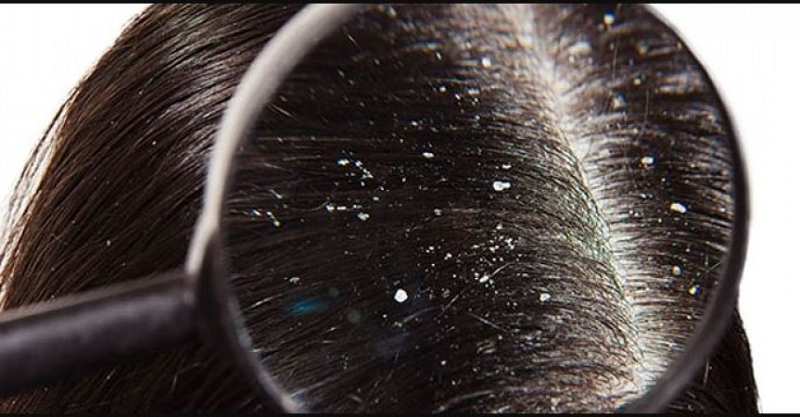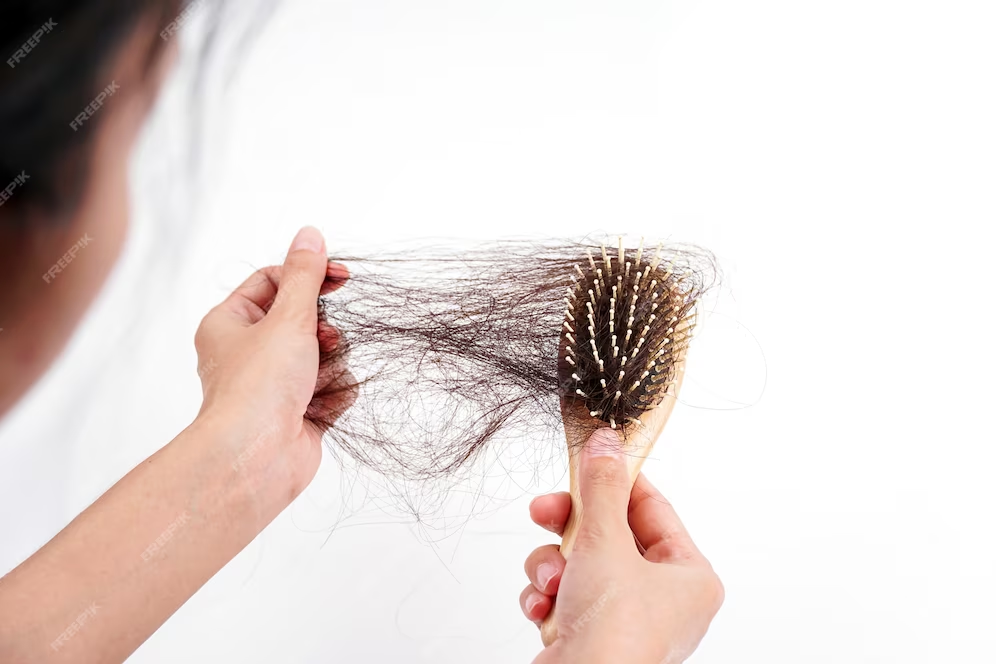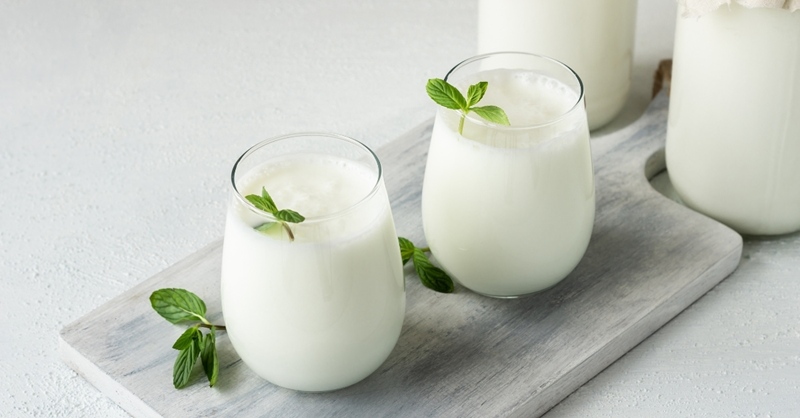Dandruff is a common scalp condition that can cause embarrassment and discomfort. Many people wonder whether applying scalp oil can cure dandruff, or whether it may actually make the problem worse. In this article, we'll delve into the intricacies of dandruff, explore the role of oil in its management, and uncover effective solutions for a flake-free scalp.

Understanding Dandruff
Dandruff, medically known as seborrheic dermatitis, is characterized by the sloughing off of dead skin cells from the scalp. It often appears as white or yellow scales on the hair and shoulders, accompanied by itching and redness.
due to dandruff
Dandruff can be attributed to a variety of factors, including:
1. Malassezia Fungus
One of the major causes of dandruff is the overgrowth of a yeast-like fungus called Malassezia on the scalp.
2. Dry skin
Dry skin is a common cause of dandruff, as it causes flaking and itching.
3. Sebum Production
Excessive sebum production can create a favorable environment for dandruff, as it provides nutrients for Malassezia.
4. Sensitivity to hair products
Some individuals may develop dandruff due to sensitivity to certain hair care products.
role of oil in russian
Oiling: A Double-Edged Sword
Many people turn to the oil to treat dandruff, believing it can help moisturize the scalp and reduce symptoms. While the oil may provide temporary relief, it is important to understand its limitations:
1. Temporary relief
The oil can temporarily soothe scalp itching and reduce flaking. However, it does not address the root causes of dandruff.
2. Potential stimulation
In some cases, excessive oil application can worsen dandruff by becoming a breeding ground for Malassezia.
3. Selecting the right oil
Some oils, such as coconut and tea tree oil, have antifungal properties that may help manage dandruff more effectively.
effective dandruff solution
If you want to deal with dandruff comprehensively, consider these strategies:
1. Medicated Shampoo
Anti-dandruff shampoos containing ingredients like ketoconazole or salicylic acid can target the root causes of dandruff.
2. Maintain scalp hygiene
Shampoo your hair regularly and avoid excessive use of hair care products.
3. Balanced diet
A diet rich in vitamins and minerals can contribute to a healthy scalp.
4. Stress Management
Stress can aggravate dandruff, so practicing relaxation techniques may be beneficial. In conclusion, although applying oil to the scalp may provide temporary relief from the symptoms of dandruff, it is not a cure and may even worsen the condition in some cases. To effectively manage dandruff, it is important to address the underlying causes through medicated shampoos, scalp hygiene, balanced diet, and stress management. Remember that individual responses to dandruff treatments may vary, so it is advisable to consult a dermatologist for personalized guidance.










